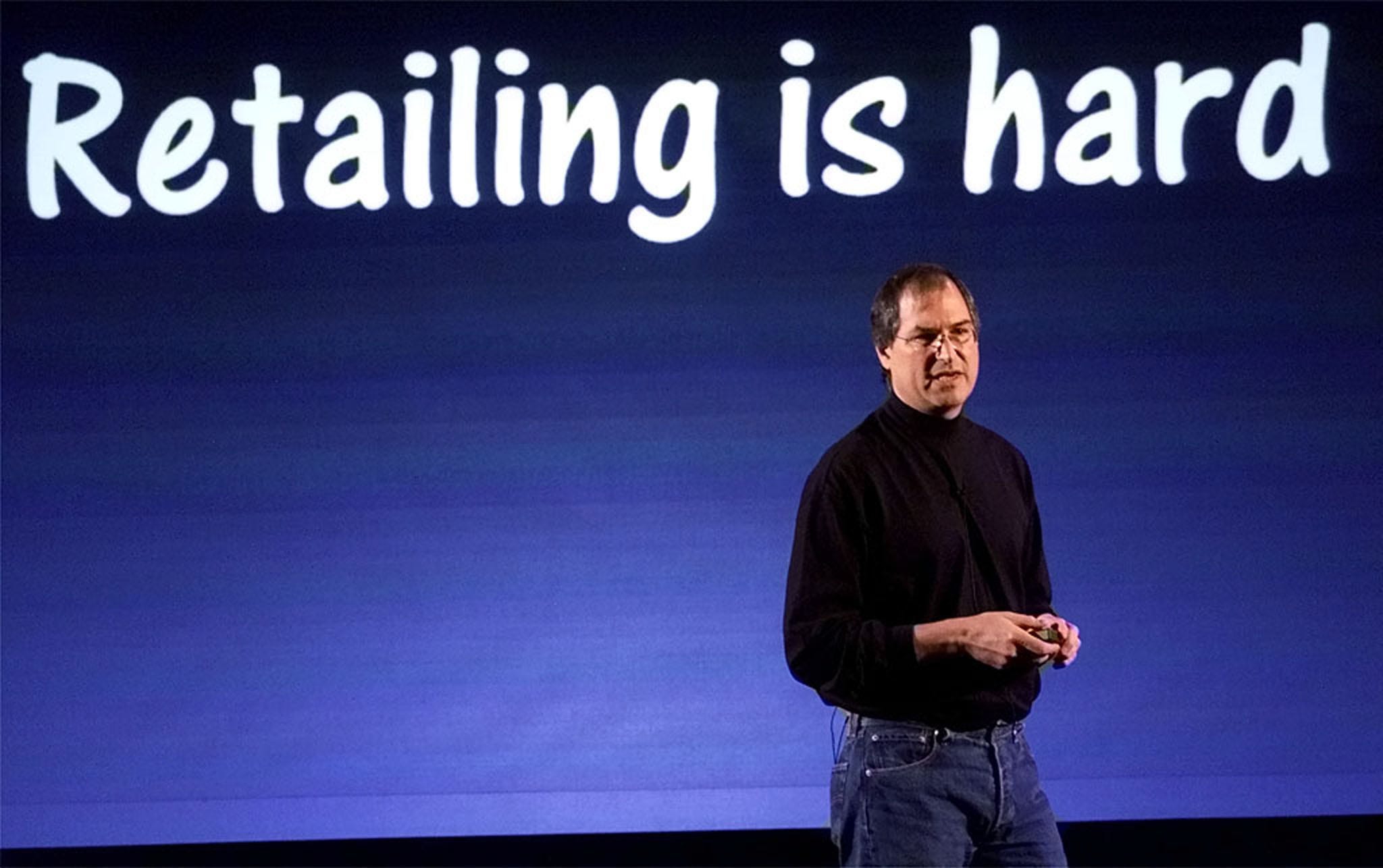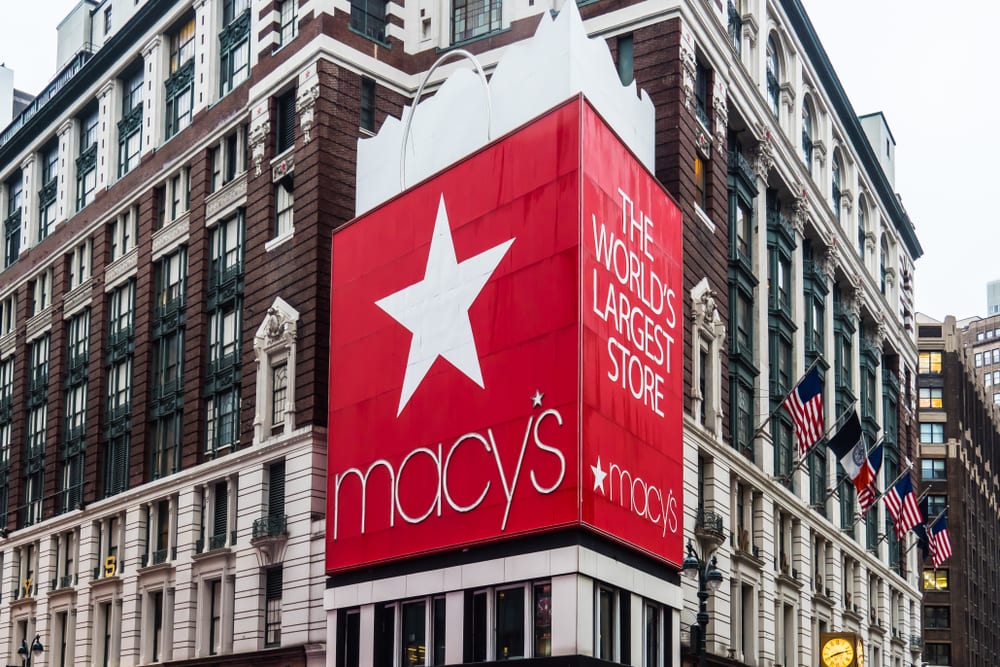Wells Fargo has invested $5 million into U.K. start-up Elliptic, which helps banks manage the risks associated with being exposed to cryptocurrencies.
The London-based firm has become known for its analysis tools, which it sells to some of the world’s largest cryptocurrency platforms — including Binance and Circle — to help them find and block illicit digital currency transactions.
For instance, the company’s technology was able to uncover a terrorist group using bitcoin to finance its operations by tracking suspicious transactions on the cryptocurrency’s digital ledger known as the blockchain. It then flagged this to its clients so they could cut off the funds.But the firm, founded in 2013, has been increasingly working with financial institutions to get them on board with its so-called Discovery platform, which helps banks identify whether clients’ funds are passing through cryptocurrency platforms without the appropriate compliance checks in place.
“If they see payments going between their customers and one of a long list of crypto entities, they can understand more about who that entity is and whether it’s something they should be concerned about,” Elliptic co-founder and CEO James Smith told CNBC in an interview.
The aim of Discovery is to give banks a sense of their exposure to crypto-assets through their customers’ transactions and identify whether there are any money laundering risks.The investment into Elliptic from Wells Fargo’s venture unit, Wells Fargo Strategic Capital, is an extension of the start-up’s $23 million Series B funding round announced in September. The additional investment brings the company’s total money raised to over $40 million. Elliptic didn’t disclose its valuation.
Smith said the fact that Wells Fargo was backing the company shows banks are “interested in how we can help them understand and manage risk that relates to crypto.”
“More and more financial institutions realize even if they don’t touch crypto themselves, they are adjacent to crypto. They are exposed to crypto risk and have a responsibility to understand what the risk is and how to manage it.”
He said it also reflects an improving regulatory environment for cryptocurrencies, citing legislation such as newly introduced anti-money laundering rules from the European Union. He also highlighted a regulatory framework from the Financial Action Task Force (FATF) that includes crypto assets. The FATF is an intergovernmental organization tackling dirty money.
Elliptic managed to bag Wells Fargo as an investor after building a “relationship” with the U.S. bank, Smith said. The focus of the fresh capital will be to invest in Elliptic’s Discovery product and help it expand geographically, with a particular focus on Asia. Countries like Japan and Singapore have shown considerable growth with regard to digital currencies, Smith added.
Big banks have been hesitant to explore cryptocurrencies in the past, not least due to their notoriety for huge price volatility and instances of them being associated with money laundering and fraud. But optimists like Elliptic’s chief executive think this could be starting to change.
“It’s no longer OK for a bank to stick their head in the sand and pretend it doesn’t exist,” Smith said of banks’ attitude toward virtual currencies. “Crypto is here to stay and whether or not you want to participate in it, some of your customers will be.” (READ MORE)





![[Funding Alert] Facebook, Others Back Edtech Start-Up Unacademy In $110 Mln Funding Round - deals in retail](https://dealsinretail.com/wp-content/uploads/2020/02/Funding-Alert-Facebook-Others-Back-Edtech-Start-Up-Unacademy-In-110-Mln-Funding-Round-deals-in-retail.jpeg)





